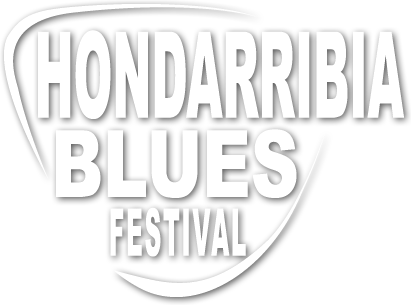 July 12-15 2018
July 12-15 2018
Sugar Blue

Grammy Award-winning harmonica virtuoso Sugar Blue is not your typical bluesman. Born James Whiting, he was raised in Harlem, New York, where his mother was a singer and dancer at the fabled Apollo Theatre. He spent his childhood among the musicians and show people who knew his mother, including the great Billie Holiday, and decided that he wanted to be a performer.
Blue has played and recorded with musicians ranging from Willie Dixon and Stan Getz to Frank Zappa, Johnny Shines and Bob Dylan. He is perhaps best known for his signature riff and solo on the Rolling Stones' hit “Miss You” from their Some Girls album. Blue performs his own version of the song on his 1993 Alligator debut Blue Blazes. With his second release, In Your Eyes, Blue emerges as a singular, profound songwriter as well as a harmonica wizard.
Blue received his first harmonica from his aunt, and proceeded to hone his chops by wailing along with Bob Dylan and Stevie Wonder songs on the radio. He was soon to be influenced by such jazz greats as Dexter Gordon and Lester Young. Blue has used this background to his advantage, creating an ultra-modern blues style and sound that is instantly recognizable as his own.
Blue began his career as a street musician and made his first recordings in 1975 with legendary blues figures Brownie McGhee and Roosevelt Sykes. The following year, he contributed to recordings by Victoria Spivey and Johnny Shines before moving to Paris on the advice of pioneer blues pianist Memphis Slim. While in France, Blue hooked up with members of the Rolling Stones, who instantly fell in love with his sound. The Stones invited Blue to join them in the studio. Besides his work on the Some Girls album, he can be heard on Emotional Rescue and Tattoo You. He also appeared live with the group on numerous occasions and was offered the session spot indefinitely. But he turned the invitation down, opting instead to return to the States and put his own band together rather than became a full-time sideman. But before returning stateside in 1982, he cut a pair of albums, Crossroads and From Paris to Chicago.